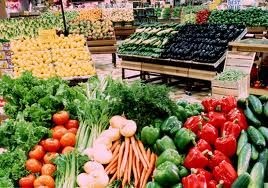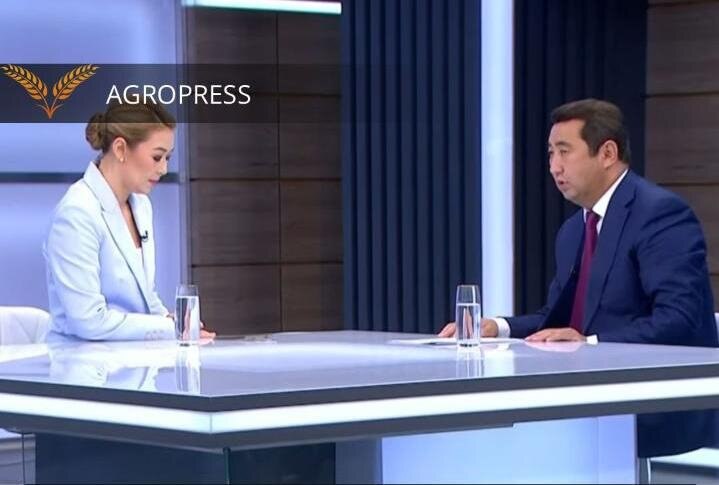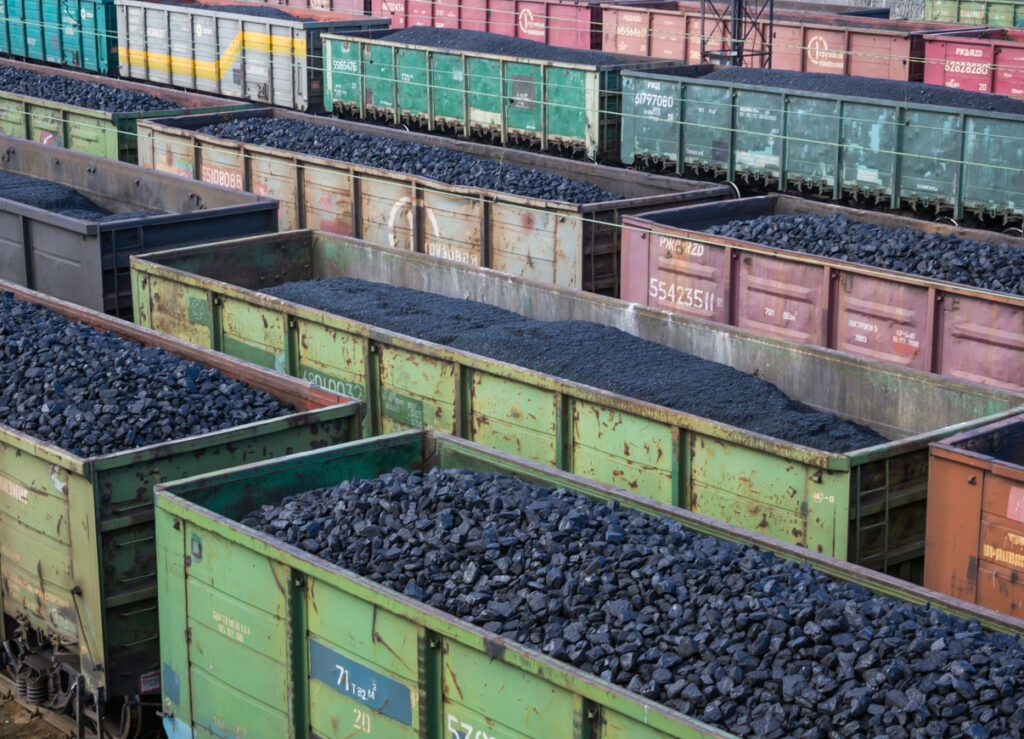TASHKENT (TCA) — By the end of this year, farmers of Uzbekistan’s Fergana region are expected to export fruit and vegetables worth more than $400 million, the Jahon information agency reports.
The farms of the region have planned to procure a total of 1.95 million tons of vegetables, fruits, grapes, melons and potatoes during this growing season. Companies from Russia and Asia are the major importers of the products.
The plan is being achieved by reducing the area under cotton and grain crops and the use of this land for the cultivation of fruit and vegetables. Modern agricultural technologies, drip irrigation, sorting and packaging equipment has played an important role. The demand for Uzbek agricultural products abroad is great, especially in Russia’s Siberia and Far East, due to their environmental purity and safety, so Uzbek farmers will keep increasing production volumes.
Uzbekistan is currently expanding orchards, the total area of which has already exceeded 50,000 hectares. Greenhouses have been growing concurrently with over 8,840 greenhouses in the Fergana region.
Establishment of a network of refrigerating warehouses and sorting and packaging logistics centers has been in progress in the region. Some 180 warehouses with a total capacity of simultaneous storage of more than 51,000 tons are already in operation, and 16 new freezers for 11,500 tons have been built over the past year.
Today, Uzbekistan exports more than 180 kinds of fresh and processed fruit and vegetable products to more than 80 countries. By the end of this year, it is planned to export over 1.27 million tons of fruit and vegetables worth $1.37 billion. By the end of 2020, the government intends to increase exports of fresh and processed fruit and vegetables more than 2.7-fold, including canned food, concentrates, and juices 2.5-fold.







